#elliott nugent
Explore tagged Tumblr posts
Text


Paulette Goddard - The Crystal Ball (1943)
117 notes
·
View notes
Text

Paulette Goddard-Ray Milland "La pitonisa" (The crystal ball) 1943, de Elliott Nugent.
13 notes
·
View notes
Text
youtube
The Cat And The Canary (1939)
🎬 Elliott Nugent
9 notes
·
View notes
Text









the cat and the canary, paul leni 1927
*
youtube
conclave, edward berger 2024
#the cat and the canary#paul leni#1927#elliott nugent#1939#laura la plante#forrest stanley#creighton hale#flora finch#and then there were none#blue velvet#heretic#conclave#the bells of st. mary#gleisdreieck#light in august
6 notes
·
View notes
Text
Dread by the Decade: The Cat and the Canary
👻 You can support me on Ko-Fi! ❤️
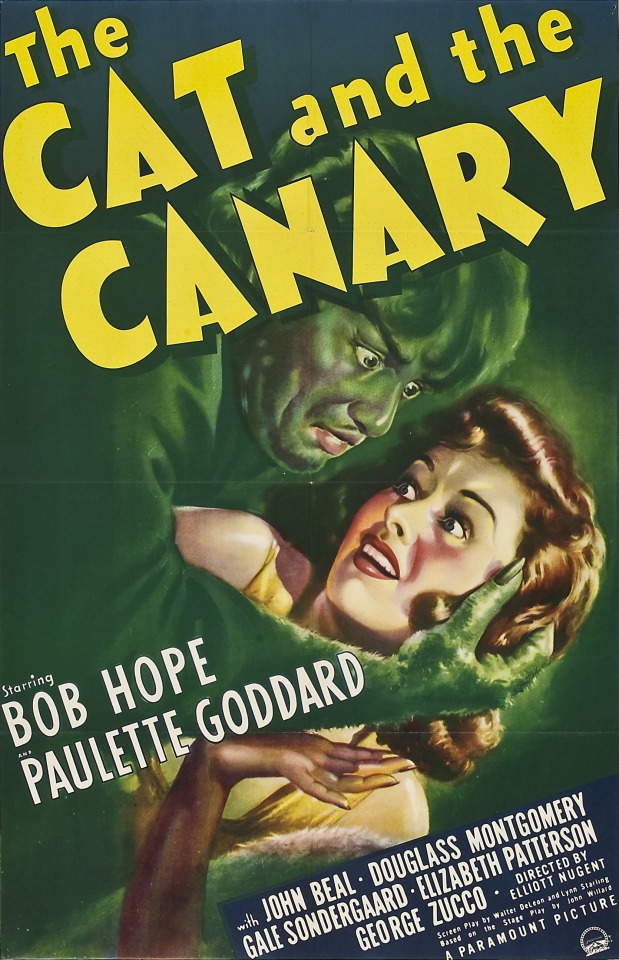
★★★★
Plot: When the heirs of a dead millionaire gather for the reading of his will, a mysterious figure begins stalking them.
Review: A consistently funny whodunit with charismatic leads, this movie both honors and reinvigorates its source material.

Remake of: The Cat and the Canary (1927) Year: 1939 Genre: Horror Comedy, Psychological Horror Country: United States Language: English Runtime: 1 hour 12 minutes
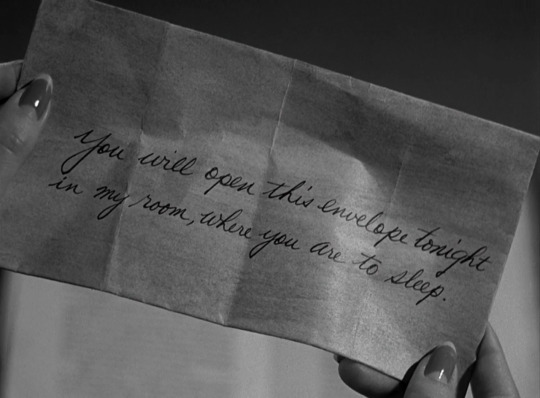
Director: Elliott Nugent Writers: Walter de Leon, Lynn Starling Cinematographer: Charles B. Lang Editor: Archie Marshek Composer: Ernst Toch Cast: Bob Hope, Paulette Goddard, Nydia Westman, Gale Sondergaard, Elizabeth Patterson, George Zucco, John Beal, Douglass Montgomery

------
Story: 4/5 - While it's not the most unique idea—it is a remake, after all—it's kept fresh by great comedy, fun characters, and a genuinely interesting mystery.
Performances: 4.5/5 - Everyone is on top form, but Hope and Westman are especially endearing and hilarious.
Cinematography: 4/5 - Fantastic lighting and shadow use.
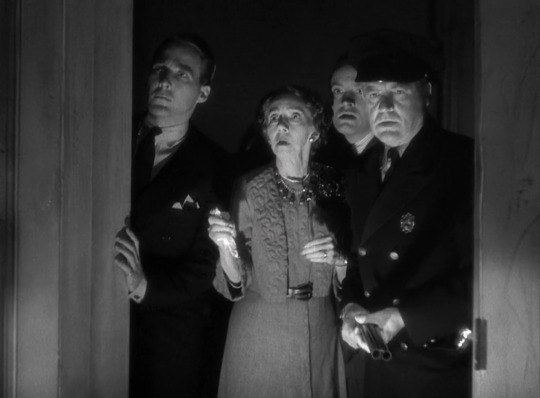
Editing: 4/5 - Very smooth and natural.
Music: 3/5
Sets: 4/5 - The swamp and mansion sets are quite detailed.
Costumes, Hair, & Make-Up: 4/5 - Really great, fashionable styling.
youtube
Trigger Warnings:
Mild violence
Ableism against mentally ill people (brief, dialogue only)
#The Cat and the Canary (1939)#The Cat and the Canary#Elliott Nugent#American#horror comedy#psychological horror#Dread by the Decade#review#1930s
8 notes
·
View notes
Text

Jack Mulhall, Elliott Nugent, and Sally Starr in James Tinling’s FOR THE LOVE O’ LIL (1930)
8 notes
·
View notes
Text
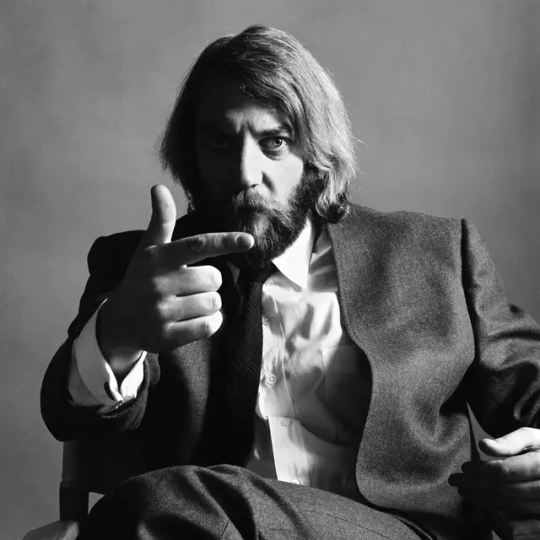
Donald Sutherland
Commanding and versatile actor known for his roles in MAS*H, Don’t Look Now and The Hunger Games
Donald Sutherland, who has died aged 88, brought his disturbing and unconventional presence to bear in scores of films after his breakthrough role of Hawkeye Pierce, the army surgeon in Robert Altman’s M*A*S*H (1970), one of the key American films of its period. It marked Sutherland out as an iconoclastic figure of the 60s generation, but he matured into an actor who made a speciality of portraying taciturn, self-doubting characters. This was best illustrated in his portrayal of the tormented parent of a drowned girl, seeking solace in a wintry Venice, in Nicolas Roeg’s Don’t Look Now (1973), and of the weak, nervous, concerned father of a guilt-ridden teenage boy (Timothy Hutton) in Robert Redford’s Ordinary People (1980).
Although Sutherland appeared in the statutory number of stinkers that are many a film actor’s lot, he was always watchable. His career resembled a man walking a tightrope between undemanding parts in potboilers and those in which he was able to take risks, such as the title role in Federico Fellini’s Casanova (1976).
Curiously, it was Sutherland’s ears that first got him noticed, in Robert Aldrich’s The Dirty Dozen (1967). During the shoot, according to Sutherland, “Clint Walker sticks up his hand and says, ‘Mr Aldrich, as a representative of the Native American people, I don’t think it’s appropriate to do this stupid scene where I have to pretend to be a general.’ Aldrich turns and points to me and says, ‘You with the big ears. You do it’ … It changed my life.” In other words, it led to M*A*S*H and stardom.
Sutherland and his M*A*S*H co-star Elliott Gould tried to get Altman fired from the film because they did not think the director knew what he was doing due to his unorthodox methods. In the early days, Sutherland was known to have confrontations with his directors. “What I was trying to do all the time was to impose my thinking,” he remarked some years later. “Now I contribute. I offer. I don’t put my foot down.”
Sutherland, who was born in Saint John, New Brunswick, Canada, was a sickly child who battled rheumatic fever, hepatitis and polio. He spent most of his teenage years in Nova Scotia where his father, Frederick, ran a local gas, electricity and bus company; his mother, Dorothy (nee McNichol), was a maths teacher. He attended Bridgewater high school, then graduated from Victoria College, part of the University of Toronto, with a double major in engineering and drama. As a result of a highly praised performance in a college production of James Thurber’s and Elliott Nugent’s The Male Animal, he dropped the idea of becoming an engineer and decided to pursue acting.
With this in mind, he left Canada for the UK in 1957 to study at Lamda (the London Academy of Music and Dramatic Art), where he was considered too tall and ungainly to get anywhere. However, he gained a year’s work as a stage actor with the Perth repertory company, and appeared in TV series such as The Saint and The Avengers. He was Fortinbras in a 1964 BBC production of Hamlet, shot at Elsinore castle and starring Christopher Plummer. He also appeared at the Criterion theatre in the West End in The Gimmick in 1962.
In 1959 he married Lois Hardwick; they divorced in 1966. Then he married the film producer Shirley Douglas, with whom he had twins, Kiefer and Rachel; they divorced in 1971. Kiefer, who grew up to become a celebrated actor, was named after the producer-writer Warren Kiefer, who put Sutherland in an Italian-made Gothic horror film, The Castle of the Living Dead (1964). Christopher Lee played a necrophile count, while Sutherland doubled as a dim-witted police sergeant and, in drag and heavy makeup, as a witch.
In an earlier era, the gawky Sutherland might not have achieved the stardom that followed the anarchic M*A*S*H, but Hollywood at the time was open for stars with unconventional looks, and Sutherland was much in demand for eccentric roles throughout the 70s.
He was impressive as a moviemaker with “director’s block” in Paul Mazursky’s messy but interesting Alex in Wonderland (1970), which contains a prescient dream sequence in which his titular character meets Fellini. In the same year, Sutherland played a Catholic priest and the object of Geneviève Bujold’s erotic gaze in Act of the Heart; he was the appropriately named Sergeant Oddball, an anachronistic hippy tank commander, in the second world war action-comedy Kelly’s Heroes; and he and Gene Wilder were two pairs of twins in 18th-century France in the broad comedy Start the Revolution Without Me.
Sutherland was at his most laconic, sometimes verging on the soporific, in the title role of Alan J Pakula’s Klute (1971), as a voyeuristic ex-policeman investigating the disappearance of a friend and getting deeply involved with a prostitute, played by Jane Fonda.
Sutherland and Fonda were teamed up again as a couple of misfits in the caper comedy Steelyard Blues (1973). It initially had a limited distribution due mainly to their participation together in the anti-Vietnam war troop show FTA (Fuck the Army), which Sutherland co-directed, co-scripted and co-produced.
Sutherland always made his political views known, although they surfaced only occasionally in his films. In among the many mainstream comedies and thrillers was Roeg’s supernatural drama Don’t Look Now, in which Sutherland and Julie Christie are superb as a couple grieving their dead daughter. Despite the dark subject matter, the film was notable for containing “one of the sexiest love scenes in film history”, according to Scott Tobias in the Guardian, the frank depiction of their love-making coming “like a desert flower poking through concrete”. The actor so admired Roeg that he named another son after him, one of his three sons with the French-Canadian actor Francine Racette, whom he married in 1972.
John Schlesinger’s rambling version of The Day of the Locust (1975) saw Sutherland as a sexually repressed character – called Homer Simpson – who tramples a woman to death in an act of uncontrolled rage. Perhaps Bernardo Bertolucci had that in mind when he cast Sutherland in 1900 (Novecento, 1976), in which he is a broadly caricatured fascist thug who shows his sadism by smashing a cat’s head against a post and bashing a young boy’s brains out. “And I turned down Deliverance and Straw Dogs because of the violence!” Sutherland recalled.
In Fellini’s Casanova, the second of his two bizarre Italian excursions in 1976, Sutherland coldly calculates seduction under his heavily made-up features. The performance, as remarkably stylised as it is, still reveals the suffering soul within the sex machine.
In 1978 he appeared in Claude Chabrol’s Blood Relatives, a made-in-Canada murder mystery with Sutherland playing a Montreal cop investigating the murder of a young woman. More commercial was The Eagle Has Landed (1976), with Sutherland, attempting an Irish accent, as an IRA member supporting the Germans during the second world war, and as a chilling Nazi in Eye of the Needle (1981). Meanwhile, he was the hero of Invasion of the Body Snatchers (1978), who resists the insidious alien menace until the film’s devastating final shot.
In 1981 Sutherland returned to the stage, as Humbert Humbert in a highly anticipated version of Vladimir Nabokov’s Lolita, adapted by Edward Albee. It turned out to be a huge flop, running only 12 performances on Broadway. Both Sutherland and Albee played the blame game. “The second act is flawed,” Sutherland said. “Albee was supposed to have rethought it, but he never did.” Albee told reporters that he had scuttled some of his best scenes because they were “too difficult” for Sutherland because “he hasn’t been on stage for 17 years”.
Continuing his film career, Sutherland played a complex and sadistic British officer in Hugh Hudson’s Revolution (1985), and in A Dry White Season (1989) he took the role of an Afrikaner schoolteacher beginning to understand the brutal realities of apartheid. In Oliver Stone’s JFK (1991), he held the screen with an extended monologue as he spilled the conspiracy beans to Kevin Costner’s district attorney hero Jim Garrison.
After having made contact with young audiences in the 70s with offbeat appearances in gross-out pictures The Kentucky Fried Movie (1977) and National Lampoon’s Animal House (1978), the latter as a pot-smoking professor, he was cast as an unconvincing bearded stranger in Buffy the Vampire Slayer (1992).
On a more adult level were Six Degrees of Separation (1993), in which he played an unfulfilled art dealer; A Time to Kill (1996), as an alcoholic, disbarred lawyer (alongside Kiefer); Without Limits (1998), as an enthusiastic athletics coach; and Space Cowboys (2000), as an elderly pilot. By this time, he was gradually moving into grey-haired character roles, one of the best being his amiable Mr Bennet in Pride and Prejudice (2005).
The Jane Austen novel was also featured in the television series Great Books (1993-2000), to which Sutherland lent his soothing voice as narrator. Other series in which he shone as quasi baddies were Commander in Chief (2005) – as the sexist Republican speaker of the house opposed to the new president (Geena Davis) – and Dirty Sexy Money (2007-09), in which he played a powerful patriarch of a wealthy family.
Sutherland continued to be active well into his 80s, his long grey hair and beard signifying sagacity, whether as a contract killer in The Mechanic, a Roman hero in The Eagle, a nutty retired poetry professor in Man on the Train (all 2011), or a quirky bounty hunter in the western Dawn Rider (2012), bringing more depth to the characters than they deserved. As President Coriolanus Snow, the autocratic ruler of the dystopian country of Panem in The Hunger Games (2012), Sutherland was discovered by a new generation; he went on to reprise the role in three further films in that franchise, beginning with The Hunger Games: Catching Fire (2013).
He played artists in two art-world thrillers by Italian directors: in Giuseppe Tornatore’s Deception, AKA The Best Offer (2013), he was a would-be painter helping to execute multimillion-dollar scams, while in Giuseppe Capotondi’s The Burnt Orange Heresy (2019) he was on the other side of the heist as a reclusive genius targeted by a wealthy and unscrupulous dealer (Mick Jagger).
Aside from James Gray’s science-fiction drama Ad Astra (also 2019), in which he co-starred with Brad Pitt, Sutherland’s best late work was all for television. In Danny Boyle’s mini-series Trust (2018), which covered the same real-life events as Ridley Scott’s All the Money in the World, he played J Paul Getty, the oil tycoon whose grandson is kidnapped; while in The Undoing (2020), he was the father of a psychologist (Nicole Kidman), reluctantly putting up bail when her husband (Hugh Grant) is arrested for murder.
For the latter role Sutherland was in the running for a Golden Globe, having already received an honorary Oscar in 2017.
He is survived by Francine and his children, Kiefer, Rachel, Rossif, Angus and Roeg, and by four grandchildren.
🔔 Donald McNichol Sutherland, actor; born 17 July 1935; died 20 June 2024
Daily inspiration. Discover more photos at Just for Books…?
53 notes
·
View notes
Text

100+ Films of 1952
Film number 134: Just for You
Release date: September 1st, 1952
Studio: Paramount
Genre: musical
Director: Elliott Nugent
Producer: Pat Duggan
Actors: Bing Crosby, Jane Wyman, Ethel Barrymore, Natalie Wood
Plot Summary: Jordan Blake, a famous Broadway Producer, is an only father to a teenage son and daughter, but his work prevents him from spending much time with them. Feeling guilty, he decides to take them on a trip to the country. This unfortunately requires him to leave behind his girlfriend, Carolina, an actress in his current show.
My Rating (out of five stars): **¾
I knew watching this many films from a less than stellar year in Hollywood would necessitate scraping the barrel, and boy was I right! I’ve seen more aggressively “meh” movies in the last few months than in my entire life previously! Case in point: this completely forgettable musical. I love musicals, and I love pretty much every actor in the cast... but there’s not much any of them can do with this material. It’s not a bad movie, it’s just... meh. (minor spoilers)
The Good:
The cast in general had a lot of talent. Crosby? Wyman? Barrymore? Wood? It’d be hard to assemble anything better for a mid-budget movie.
There was quite a bit of music in it, and I always prefer those kinds of musicals.
The vocals were all very good. Obviously, Crosby can sing the shit out of anything, even when he’s just phoning it in. I actually had no idea Jane Wyman sang, because I’ve only known her from melodramas and family-fare. She can really sing, though, and her voice, while not outstanding, is quite good. I liked its warmer lower register- it was well suited to swingy stuff.
When I heard this was about a father and his kids, I expected actual children would be in it. I was pleasantly surprised to see that both were teenagers, which made for more dramatic complexity.
There was a four-second cameo by the actor who played Mr. Boynton on Our Miss Brooks! It would be more likely missed than seen, however!
The Bad:
The music was pretty forgettable. I remember the “Zing a Little Zong” song that was the ostensible showpiece, but I can’t even remember the title song, and I just watched the movie.
The musical numbers were not staged well- they were shot about as memorably or interestingly as the songs themselves. Blah.
Here’s another Hollywood trope- musical numbers that are supposed to be happening on a theater stage that could never be on stage in real life. Here there were two egregious ones- a special effects number with Jane Wyman singing to her real time reflection in a mirror, and a Latin themed one that could only have made sense on a soundstage.
The story was kinda boring as well. It was pretty low stakes and predictable. Can a father bond more with his children? Can his son stop crushing on his girlfriend?
Brownface. In the above Latin themed number, it was clearly composed of white actors in brown makeup.
There was a random weird “Native American”?? themed song sung by girls at a summer camp. The song itself certainly didn’t sound Native in any way, but it was accompanied by a girl wearing a feather headband and lots of weird dancing with “Indian signs?” It wasn’t horribly offensive exactly... It was just weird and uncomfortable.
The ending was abrupt and poorly plotted. Was it trying to get patriotic all of the sudden? I honestly don’t know.
#1952#1952 movies#100 films of 1952#bing crosby#jane wyman#200 films of 1952#200 films of 1952 film 134
1 note
·
View note
Photo

Poster for ‘So This Is College’, a musical comedy directed by Sam Wood, starring Elliott Nugent, Robert Montgomery, Sally Stars and Cliff Edwards (1929). Artwork by John Held Jr.
#vintage poster#vintage film poster#1920s#so this is college#musical#Elliott Nugent#Robert Montgomery#Sam Wood#John Held Jr.#vintage film#Sally Stars#Cliff Edwards#musical comedy#comedy#film#movie
48 notes
·
View notes
Text

Jean Parker-Tom Brown "Two alone" 1934, de Elliott Nugent.
8 notes
·
View notes
Photo

Paulette Goddard in The Cat and the Canary, Elliott Nugent, 1939.
285 notes
·
View notes
Text
















the cat and the canary, elliott nugent 1939
#the cat and the canary#elliott nugent#1939#paulette goddard#bob hope#a midsummer night's dream#peter pan#hook#and then there were none#little murders#friday the 13th#schultze gets the blues#material#buw#amazon#leipzig#wittenau#kinski geisel#folter#folterprotokolle#el diablo fuma
3 notes
·
View notes
Text


Actor/writer/director Elliott Nugent (September 20, 1896 – August 9, 1980)
0 notes
Photo

#elliott nugent#james thurber#henry fonda#the male animal#olivia de havilland#joan leslie#eugene pallette#jack carson
2 notes
·
View notes
Photo
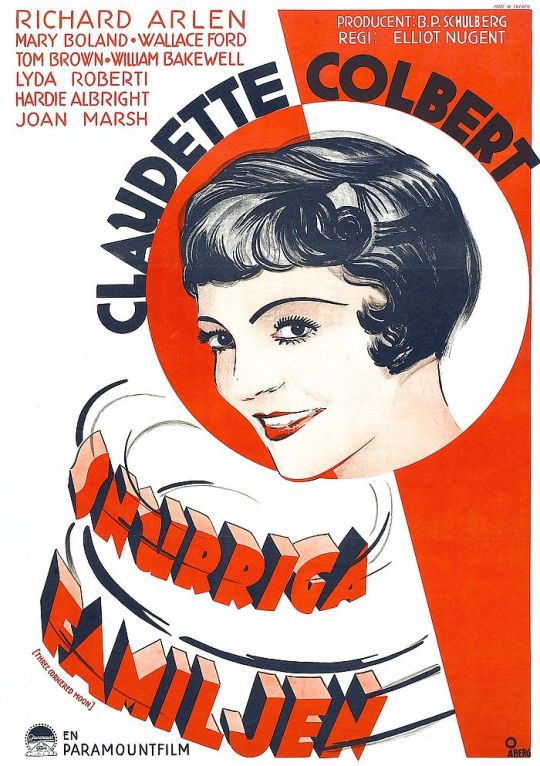
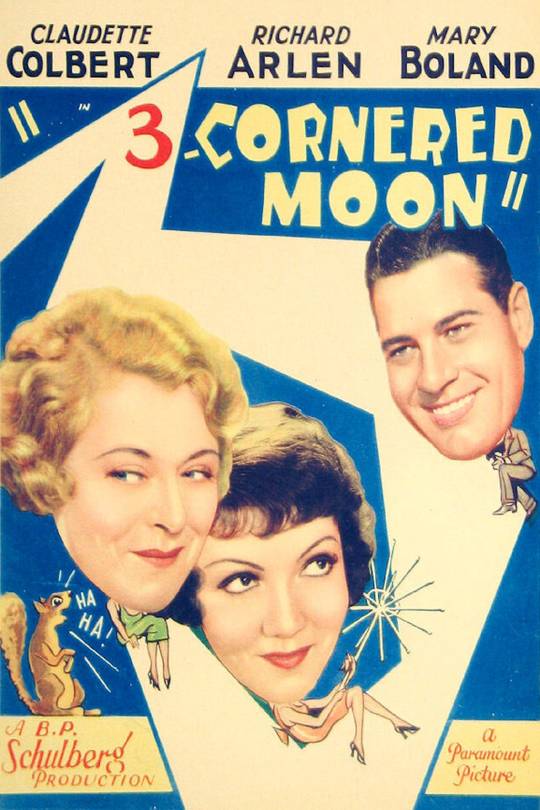
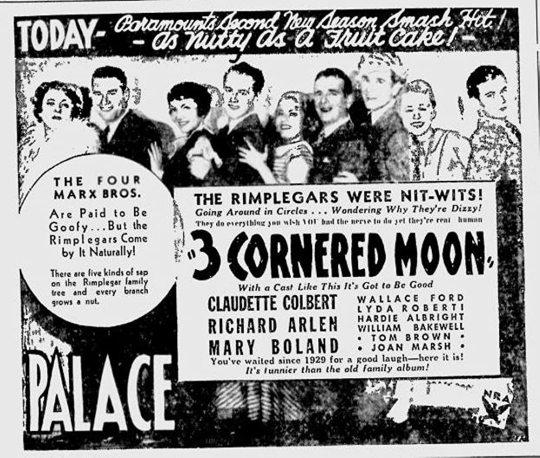

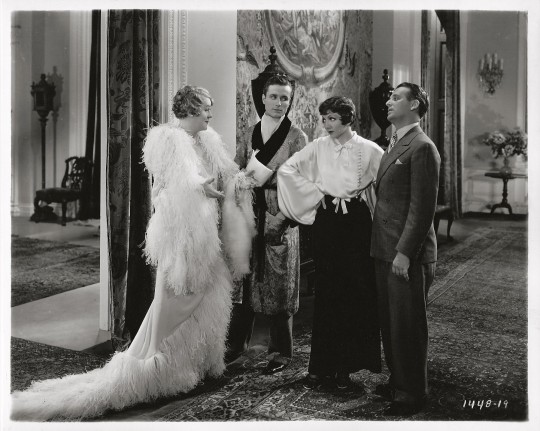
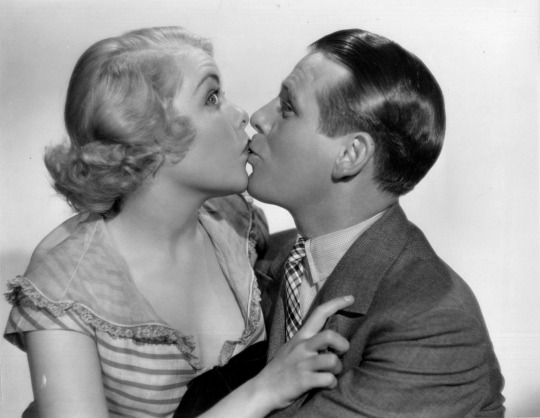
Three Cornered Moon (1933) Elliott Nugent
December 4th 2022
#three cornered moon#1933#elliott nugent#claudette colbert#wallace ford#richard arlen#mary boland#tom brown#lyda roberti#hardie albright#william bakewell#joan marsh#three-cornered moon#pre-code
5 notes
·
View notes
Photo


Films Watched in 2020:
98. The Unholy Three (1930) - Dir. Jack Conway
#The Unholy Three#Jack Conway#Lon Chaney#Lila Lee#Elliott Nugent#Harry Earles#Ivan Linow#John Miljan#Films Watched in 2020#My Edits#My Post
1 note
·
View note